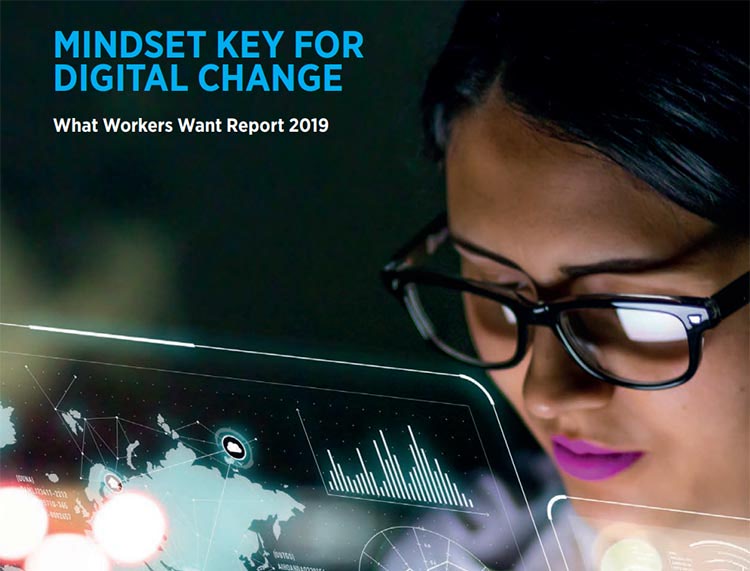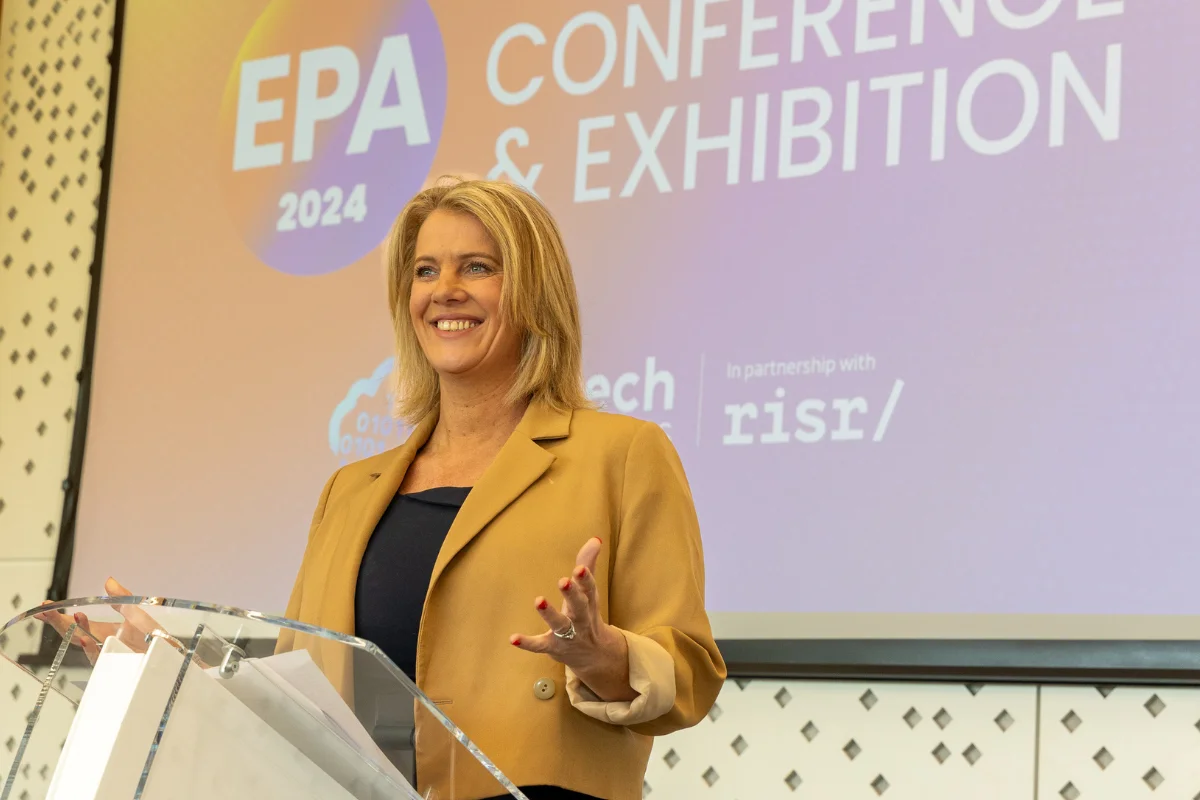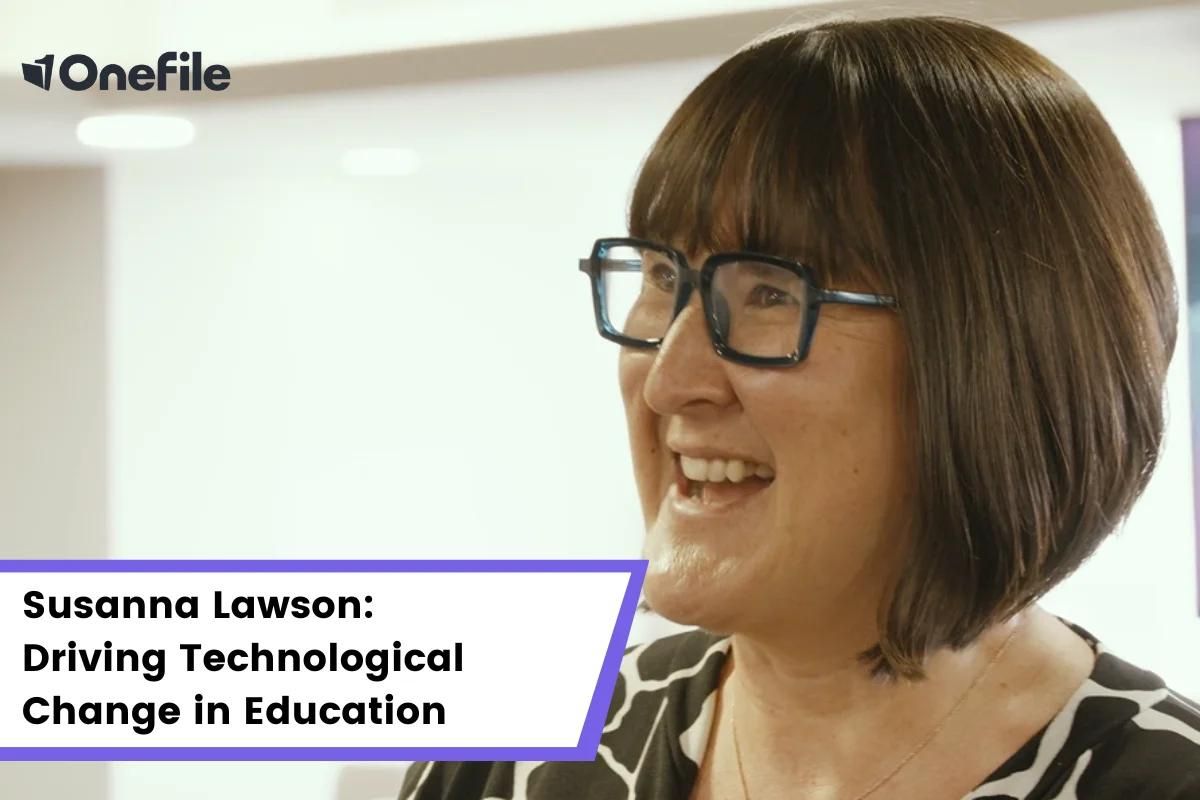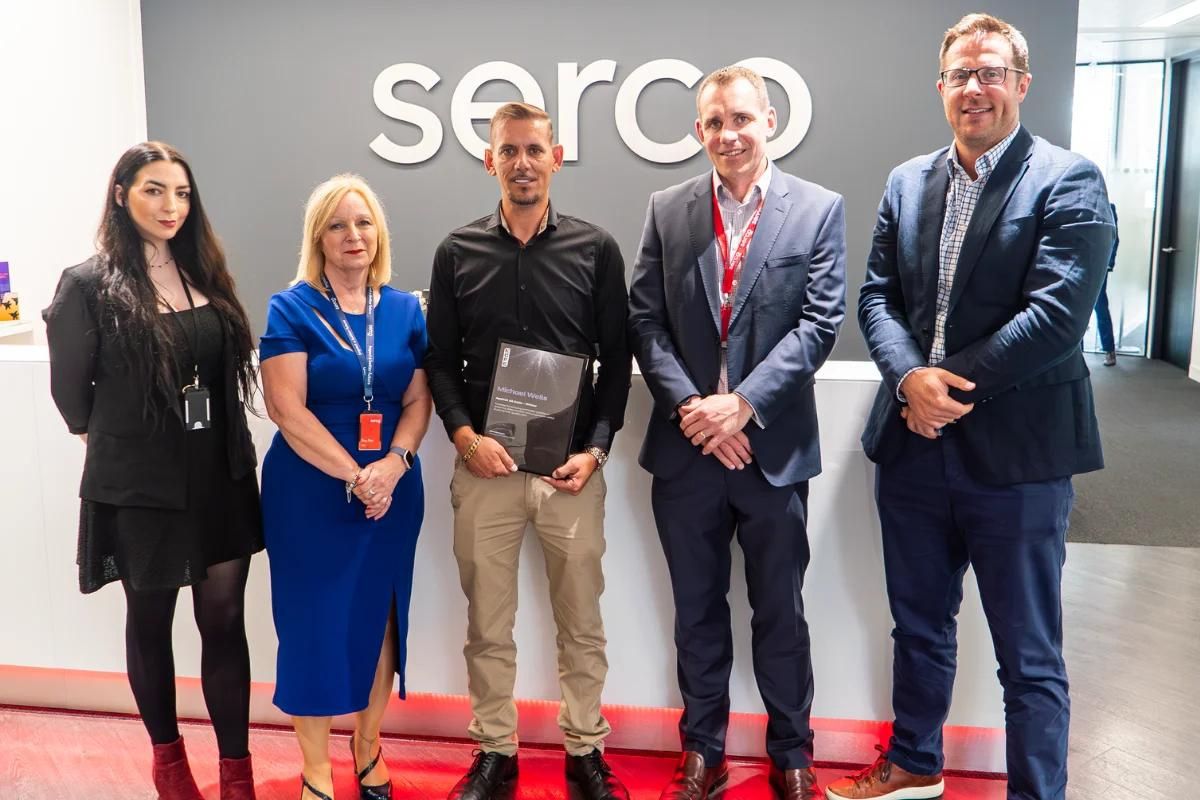Employees are Struggling to Adapt to a Technological Workplace

#StaySafeStayHome – #DigitalTransformation is paving the way for the change: Digitally ‘native’ #GenZ are arguably redefining #WhatWorkersWant from their employers
Digital technology has had a huge impact on businesses and organisations when it comes to development, automation and growth; whilst continuing to shake up the modern workplace and workforce in 2020, but over half of companies still feel staff are under-skilled for digital transformation.
Last year, 2 in 5 UK workers did not have the correct qualifications for their jobs, while businesses were faced with a worsening skills gap, as businesses are unprepared for scenarios where:
- Employees have to work from home for a long period of time
- They could rely on automation to continue production
Shining a light on issues faced in today’s skill-short and technology-led workplace, the Global Recruitment Experts HAYS Talent Solutions have polled over 14,500 working professionals in order to uncover the key mindset for digital transformation in the workplace, in their latest report: What Workers Want 2019 – MINDSET KEY FOR DIGITAL CHANGE.
What workers want now
90% of UK workers believe technology will change their workplace and everyday lives for the better.
A culture that embraces digital change and innovation is an integral factor that workers want from their current employers, with 1 in 2 believing advances in digital technology will allow people to add greater human value to organisations in the future.
In 2020, technological advances in the form of automation are steadily being adopted across many levels in numerous sectors including marketing, finance and supply chain, and UK workers are more enthusiastic to use digital technology at work than in their personal lives.
Today, 73% of employees have an open mindset towards digital transformation in the workplace, but less than half are satisfied with the pace of their organisation’s technological change.
1 in 5 feel the technological change is happening too fast, with over a third (37%) stating there needs to be more training, despite over half (55%) of businesses introducing internal training and improving employee communications.
Over half of companies feel staff are under-skilled for digital transformation.
According to the poll, over half of employers across all sectors expect to come up against a lack of skills from the current workforce.
Despite over a third of Generation Z, 32% of men and 21% of women believe they are ‘experts’ when it comes to using technology, 41% of employees and 30% of employers say providing support with training and upskilling is the most important way for a business to prepare for automation.
Regardless, many employers are still struggling to adopt a strategy that incorporates technological change such as automation. Currently only 9% of employers feel they would experience no challenges when trying to implement automation within their organisation, but 9 in 10 the barriers and challenges that employers expect to encounter include:
- Lack of skills from current staff (58%)
- Lack of support from staff (37%)
- Need for additional budget (31%)
- Requirement of new processes (26%)
- Difficulty integrating with different departments (24%)
- Insufficient internal training (22%)
How to hire the best talent
According to recruitment specialists Hays, there are 5 critical factors to help capturing the talent ready for digital transformation:
- Articulate your employer brand – In a digital-first world, most candidates are constantly consuming content, seeking connectivity from brands and prospective employers.
- Make the application process quick and easy – Creating a seamless application experience is vital, as 3 in 4 candidates consider abandoning an online application that takes more than 15 minutes.
- Emphasise skill development – As employment rapidly changes, staying ‘current’ in a constantly changing and advancing world has become a key concern for most UK workers. Emphasis on professional development, as well as technological development within the company are two critical points to consider when trying to hire and retain the best talent.
- Personalise the experience – A one-size-fits-all approach is no longer enough to help capture the most in-demand talent. Although a personalised approach and communications takes more time and effort, it’s a price to pay in order to secure the best talent who want to feel valued.
- Keep talking to your candidates – Almost two thirds of Gen Z candidates want confirmation of moving to the interview stage within one week of applying, a deadline that 36% of employers are not meeting. Clear, regular communication can help a potential candidate from ‘dropping off’.











Responses